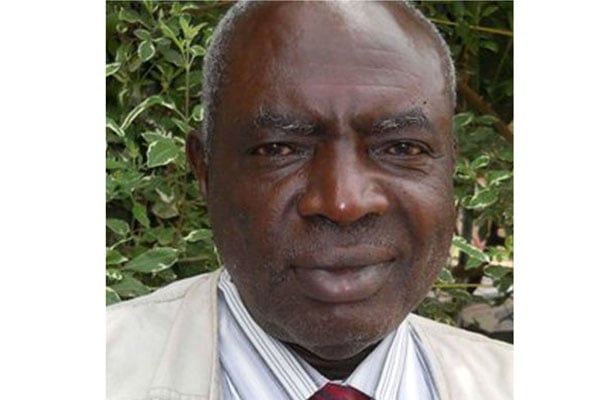Coffee farming gaining traction in Bukedi region

Coffee farmers undergo training on management of coffee trees. PHOTO | MUDANGHA KOLYANGHA
What you need to know:
- The Minister of Science, Technology and Innovation, Dr Monica Musenero, encouraged farmers to embrace these crops for increased household income.
For decades, Bukedi sub-region in Eastern Uganda was primarily known for cotton cultivation. However, fluctuating prices led farmers to abandon cotton in search of more viable alternatives.
During the launch of the Bukedi Strategic Development Plan, leaders outlined coffee and cocoa as crops that farmers should adopt to alleviate poverty levels in the region. The Minister of Science, Technology and Innovation, Dr Monica Musenero, encouraged farmers to embrace these crops for increased household income.
“We need to turn agriculture into a profitable business. Coffee and cocoa offer higher returns compared to other crops,” she stated, urging farmers to change their perceptions about these cash crops.
Mr Moses Kapule, chairperson of the Tirinyi Coffee and Cocoa Farmers Association, noted that the group has 50 registered members who are increasingly embracing coffee and cocoa farming.
“People initially had a negative attitude toward these crops, but that is slowly changing,” he said, attributing this shift to ongoing support from the Uganda Coffee Development Authority (UCDA) in the form of sensitisation and farmer mobilisation.
Farmers in Kataka and Kobolwa have started growing coffee and cocoa as perennial alternatives to cotton to combat household poverty. Despite persistent negative mindsets, increased sensitization efforts are gradually encouraging adoption of these crops.
Kapule highlighted that the association has begun selling coffee in bulk, reducing reliance on middlemen who previously offered low prices. “By selling as a group, we can eliminate exploitative middlemen,” he explained.
However, pests remain a significant challenge, impacting coffee production. “Pesticides are too expensive for farmers. We urge the government to support us with pest control chemicals,” Kapule added.
Mr John Paddo, a resident of Kataka village, owns 2.5 acres of coffee and sees it as a lucrative crop. Last season, he harvested 300 kg of beans, selling at Shs 3,000 per kilogramme, compared to just Shs6,000 for Kiboko.
“We’re beginning to enjoy the benefits of coffee farming. The returns have helped me meet basic needs and pay for my children’s education,” he said.
Another farmer, Mr Kale Kirya, initially skeptical about coffee growing, now views it as a profitable venture. “I joined the effort after realising its potential, and I don’t regret my decision,” he said.
Mr Fredrick Kailanya, who has three acres of coffee, reported a harvest of 1,200 kg. “I started as a joke, but the returns are promising. We now sell our coffee in bulk, avoiding the low prices offered by middlemen,” he noted.
Bukedi region, lacking a substantial cash crop, is now looking to coffee as a key economic driver. Leaders believe that, given the region’s fertile soils, coffee has the potential to surpass the success of traditional crops.
“As leaders, we advocate for coffee as a key cash crop,” said Dr Musenero, adding that; “It’s viewed as a lucrative, low-maintenance option that could significantly benefit the region.”
Farmers also grow various seasonal crops, including rice, cassava, and maize, often switching based on profitability.
The Uganda Coffee Development Authority (UCDA) Coffee Extension Officer, Mr Tanansi Wancha, stated that they are providing technical advice to improve coffee quality. “We are mobilizing farmers into groups to promote good agricultural practices and encourage coffee cultivation as a viable enterprise,” he said.
Farmers are also receiving education on post-harvest handling and changing their mindsets through engagement with religious and cultural leaders.




